Most toll contracts in India last only 3–12 months; two-year experience demand seen as impractical, raises cartelisation fears
New Delhi: The Municipal Corporation of Delhi’s (MCD) latest tender for toll and Environment Compensation Charge (ECC) collection has sparked controversy once again. This time, the tender requires bidders to show prior experience of continuously operating a single project with at least 122 lanes for two years. Industry insiders point out that very few companies in the country can meet this benchmark. As a result, only two or three large firms are likely to qualify.
Why the Tender Terms Are Contentious
Experts note that most toll collection contracts in India are short-term, usually awarded for three months to one year. Very few projects involve contracts of two years or longer. Large-scale projects with more than 122 lanes are also rare. Examples include the Eastern Peripheral Expressway (141 lanes), Western Peripheral Expressway (136 lanes) and the Agra–Lucknow Expressway (165 lanes).
This means that only a handful of companies with past experience on such mega-projects can qualify. A similar situation arose in 2024 when tough eligibility norms left just Sahakar Global Ltd. and Eagle Infra Ltd. in the race. Following objections, MCD was eventually forced to relax the conditions.
Revenue Concerns
Observers warn that if the eligibility conditions remain this restrictive, only 2–3 companies will participate. In such a scenario, the risk of cartel formation increases, with companies potentially coordinating to submit lower bids. This could directly reduce MCD’s expected revenue. An official said, “If competition is low, bid values will also be low. That means MCD will not achieve its revenue targets, and the shortfall will affect municipal projects.”
Industry Objections
Companies have described the eligibility terms as impractical. One company representative remarked, “Demanding two years of continuous experience on a 122-lane project is unrealistic. Most contracts are for 3–6 months. Such conditions only serve the interests of a few companies.”
Suggestions from Bidders
- Reduce the required experience from two years to one year.
- Lower the lane requirement from 122 to around 60, to allow more companies to qualify.
- Broaden participation to increase competition and secure higher revenue for MCD.
What Next
An industry expert said, “Revising the terms is in the government’s own interest. With more companies in the fray, competition will rise and MCD will be able to maximise revenue.”
The bidding process is currently underway. Whether MCD takes these objections into account remains to be seen. If the terms remain unchanged, the tender could end up limited to just 2–3 firms—posing a clear risk of revenue loss for the corporation.


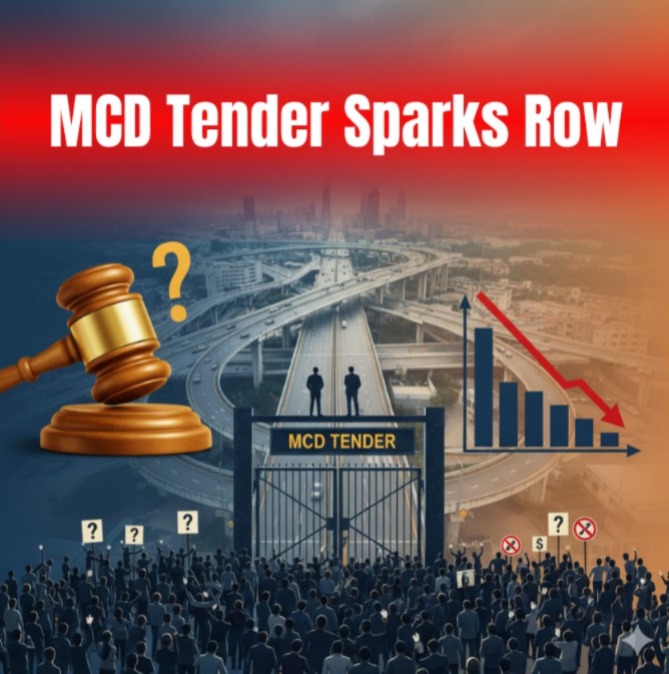
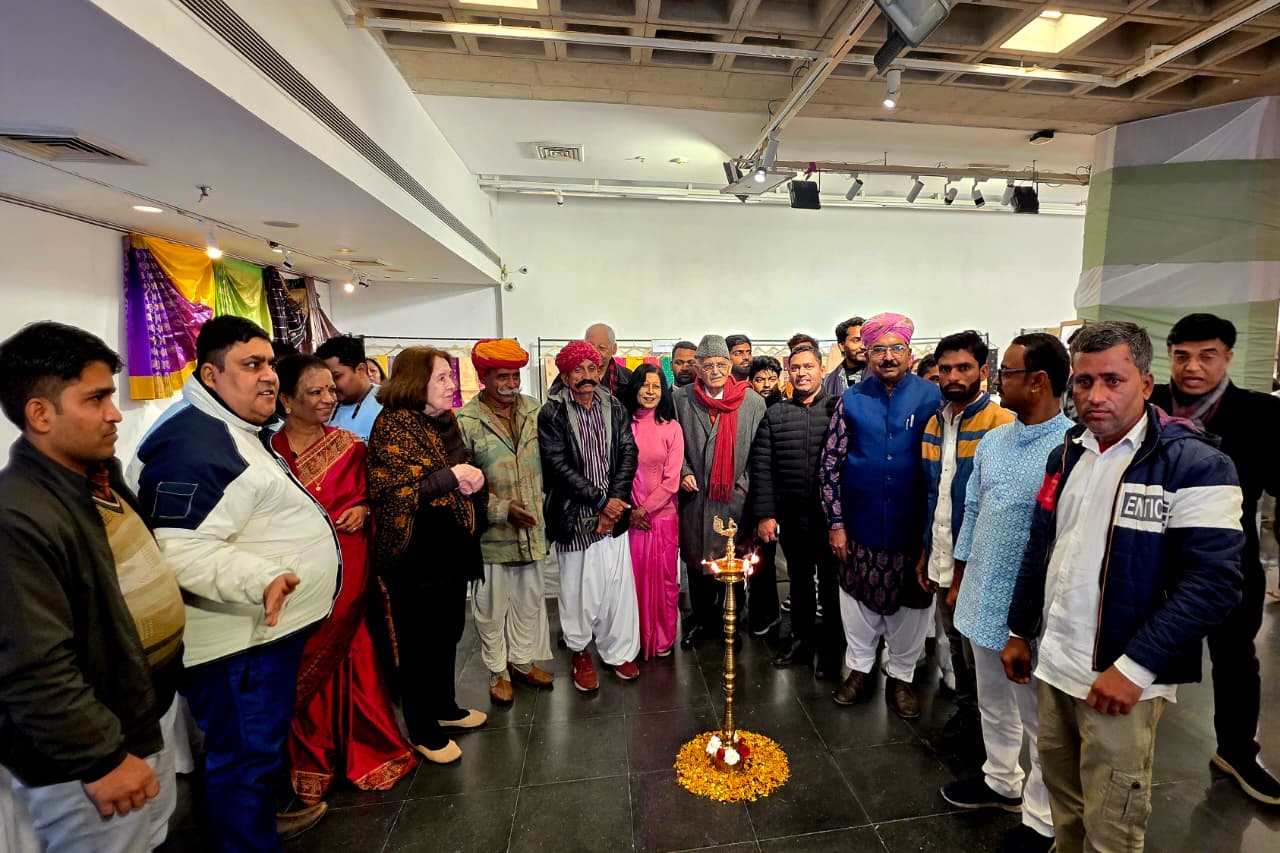



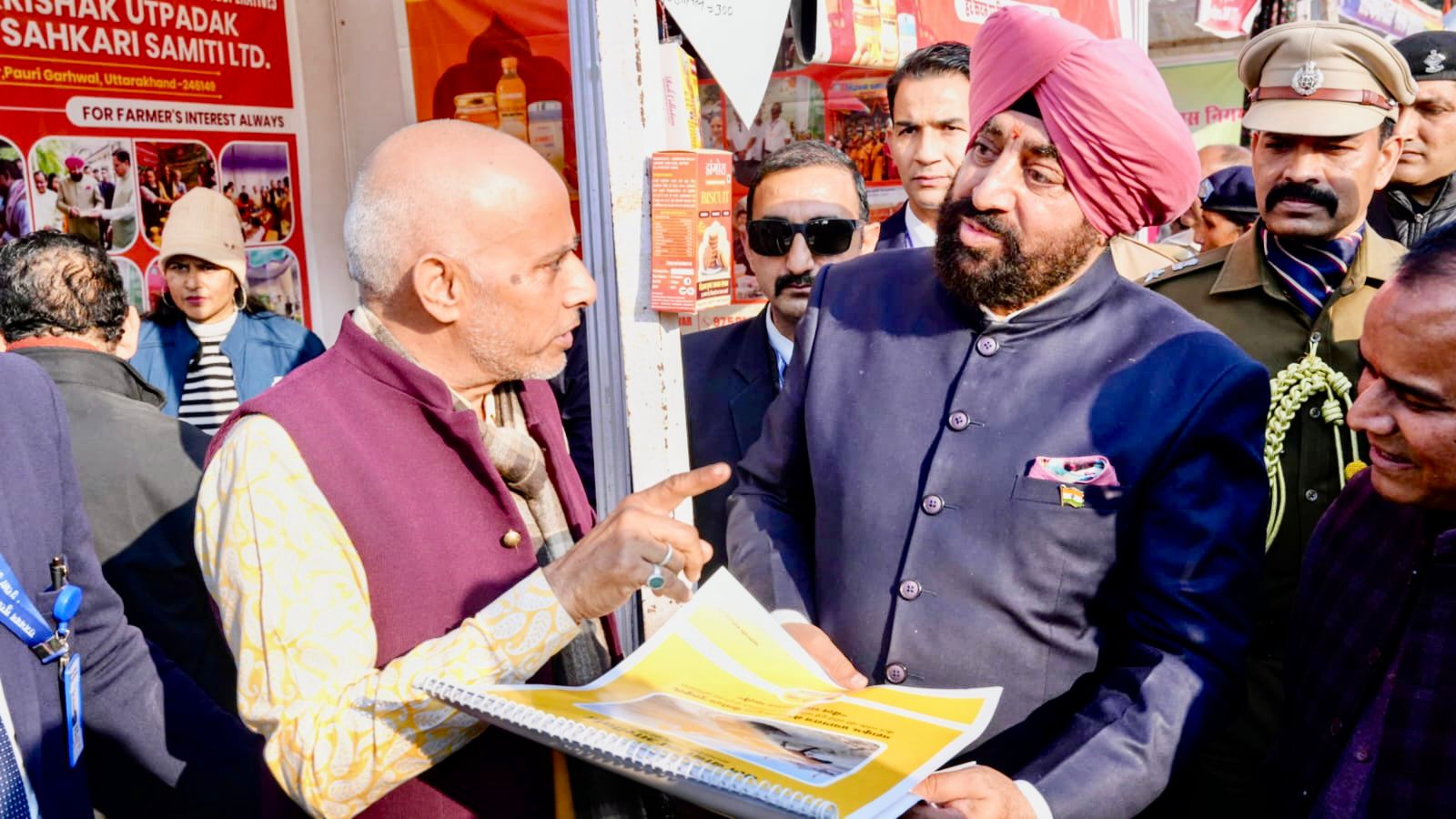
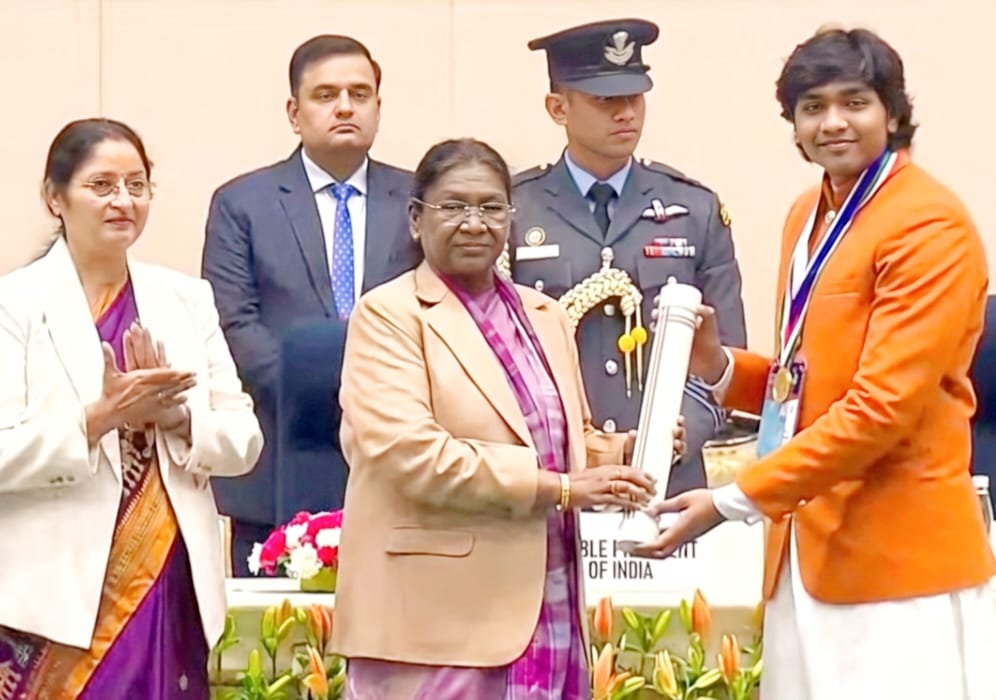
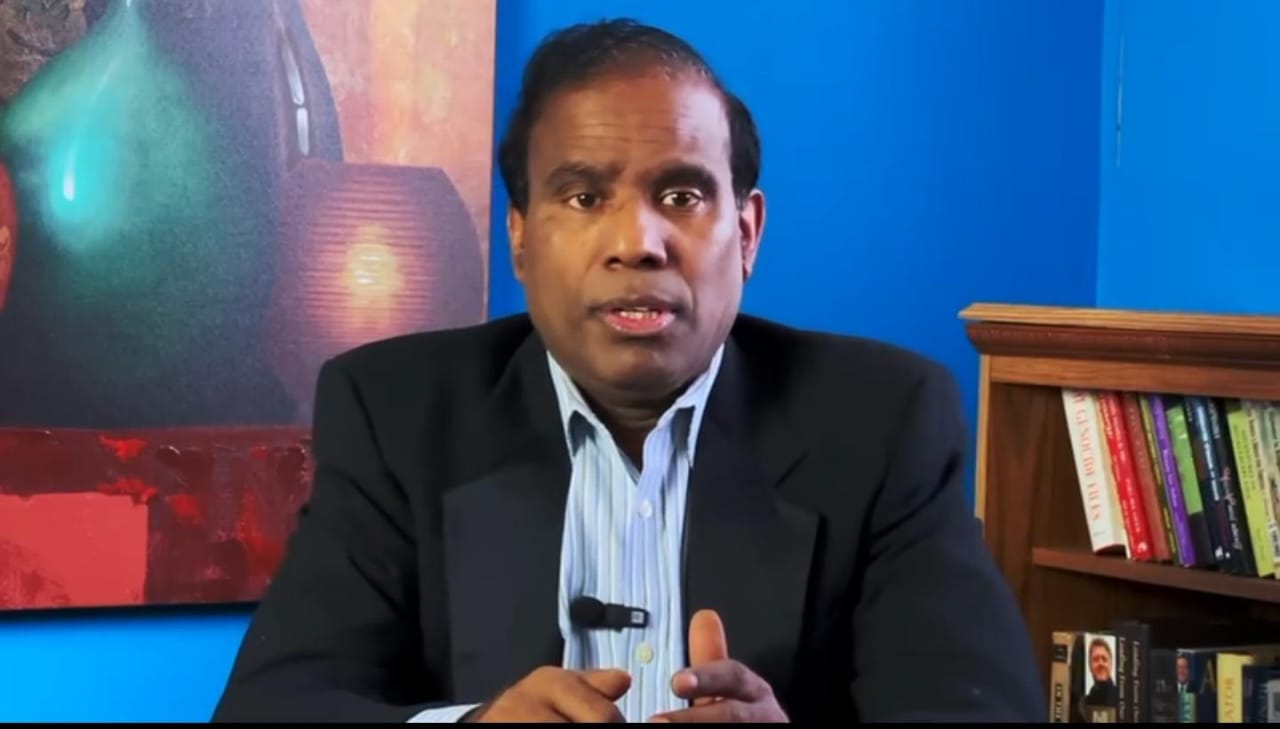

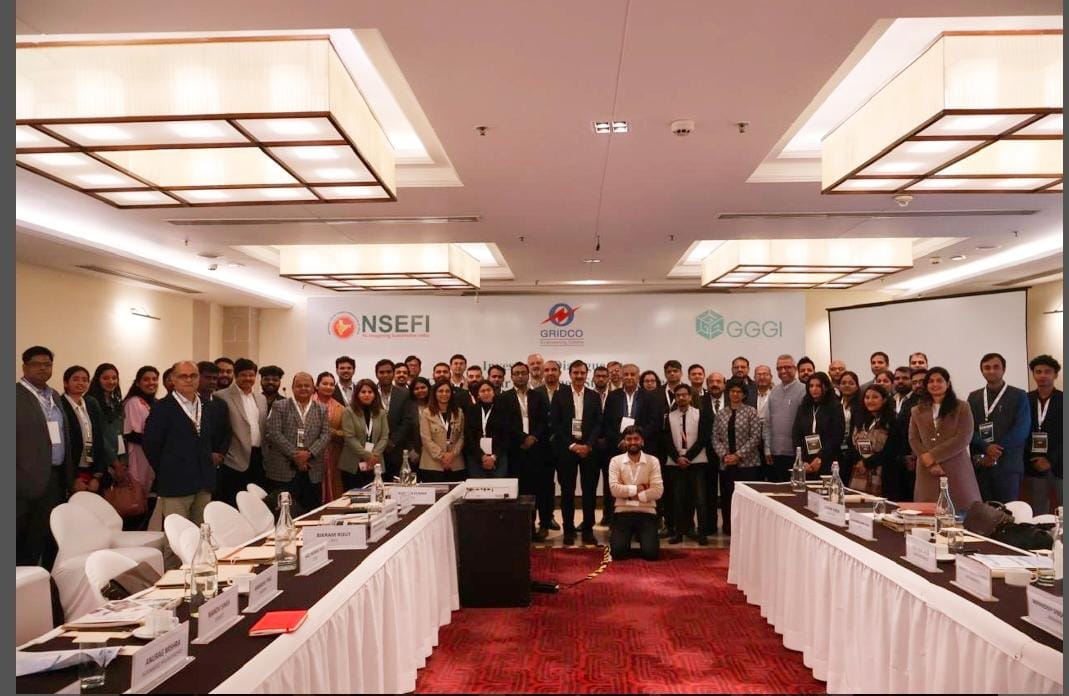
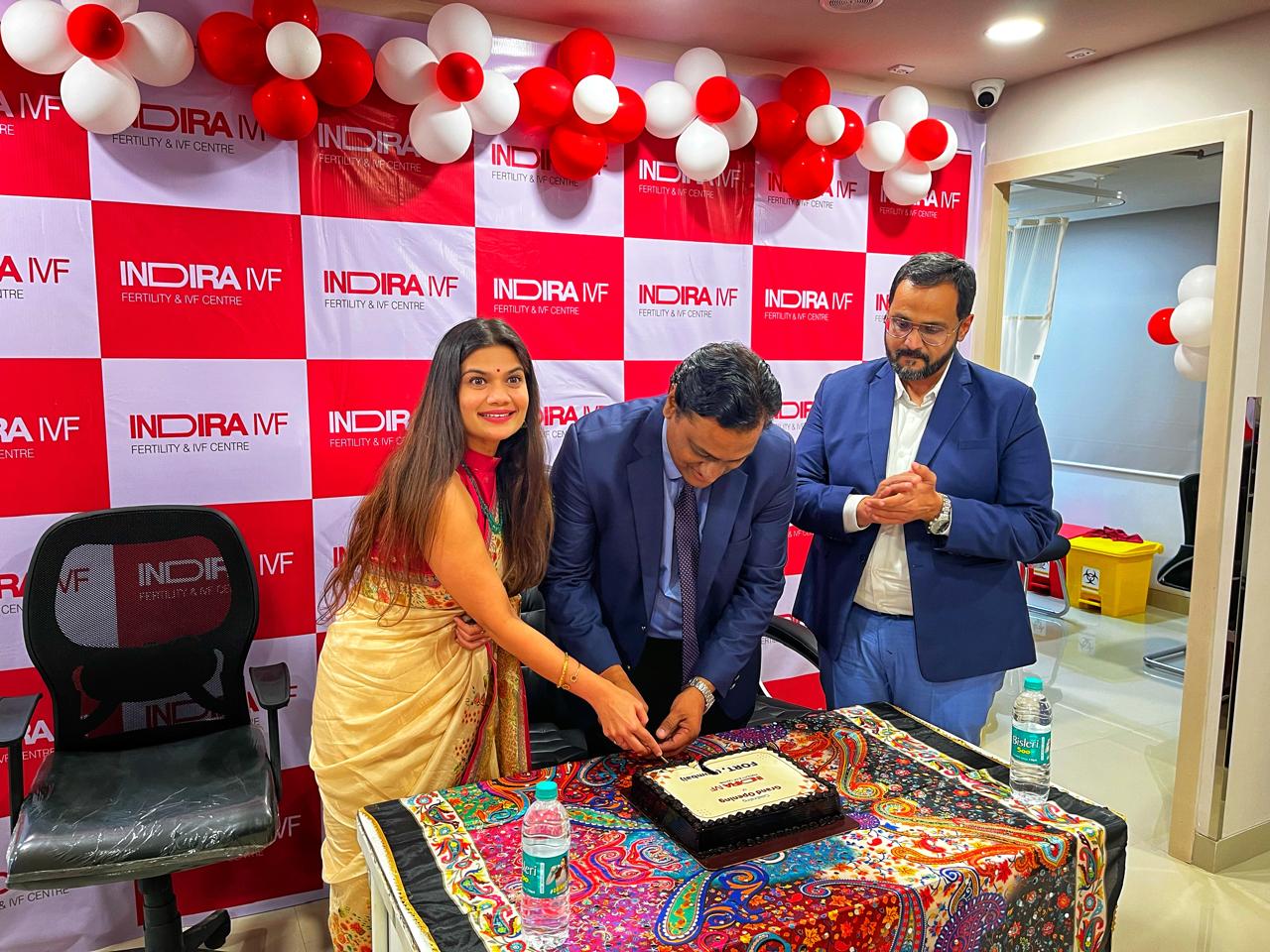

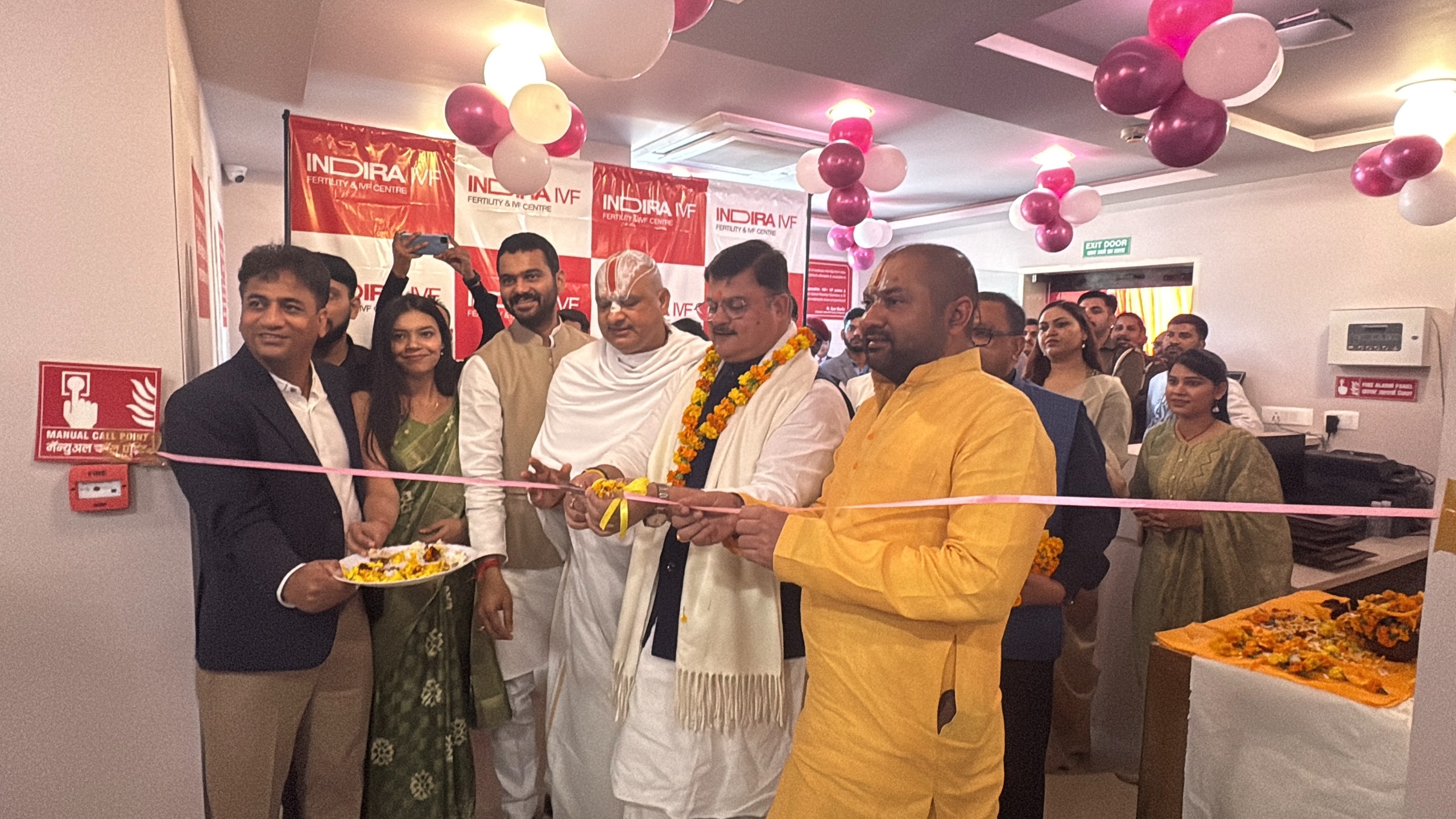

Leave a Reply